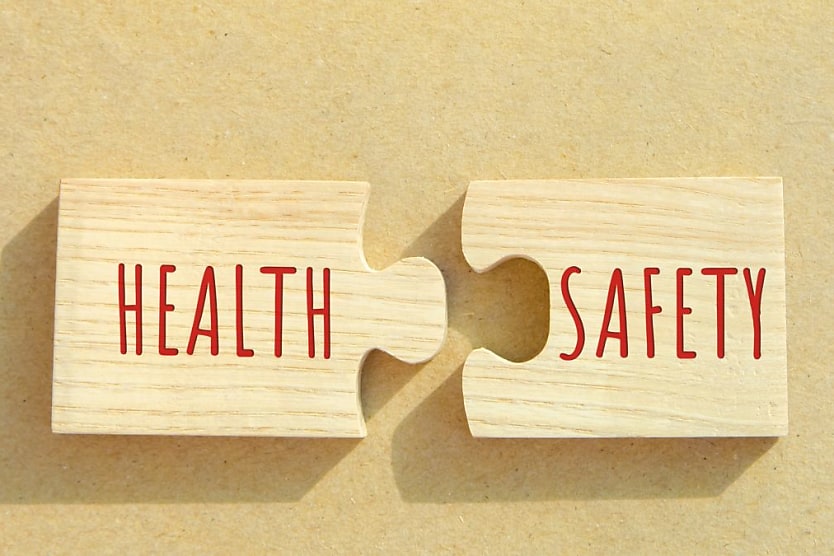
It’s crucial that organisations understand the importance of their policies around work health safety. The consequences can be dire if this importance is not made clear to employees.
HR Leader recently spoke to Kerry Kingham, chief executive of The Chooze Shop about the importance of health and safety measures being taken seriously across an organisation. Kingham believes it’s all about setting a culture and standard for your business, comparing it to a seatbelt and airbag.
“It gives you a chance to align, you know, the policies around work health safety, around expectations, with all of the other things, like your culture, your vision, your mission and your values as well,” she said.
Health and safety officers usually play an important role throughout a number of different industries across Australian businesses, and it can be beneficial to elect someone to that position.
“There needs to be an officer role so that someone holds the ultimate accountability because it is something that if it’s not done, it can very easily slip and be pushed into the ‘too-hard basket’. You don’t need it until something goes wrong,” Kingham said.
“But it’s also important that everybody in the organisation buys into the work health safety culture. Too many organisations make it a poster on a wall. Having your team buying into it, having them understand the implications of why it’s there, but also having somebody that’s ultimately responsible for it and takes ownership of it is crucial.”
The poster-on-the-wall example is a common trait that a number of workplaces have when it comes to health and safety and sets a dangerous precedent, especially when new workers are being introduced. For both small and large businesses, health and safety measures and polices must be understood by everyone to ensure that those worst-case scenarios are avoided.
“It doesn’t matter whether you’ve got a small business or a really large one; how much you value work, health, safety, I think, reflects how much you value people,” Kingham said.
Those worst-case scenarios, like workplace deaths, can be directly attributed to health and safety malpractice. Laziness and lack of effort are not good enough excuses for these kinds of incidents.
“People can die. And it’s not just industrial accidents. It can be people [in] a workplace that doesn’t know how to have a clear way of handing an anaphylactic shock, and that sort of thing can happen. If you don’t have a process in place or someone that’s really clear around what they do, the consequences could be dire,” Kingham said.
“Simple things like that, or even policies around things like domestic violence, to me, that comes under work health safety as well. You’ve got a responsibility to provide a safe workplace so that if someone’s going to come into the workplace and do something because of a domestic violence situation, you have to have processes and procedures in place to manage that, and everybody needs to be across them.”
In a business sense, health and safety is imperative, and the financial implications of making mistakes purely out of malpractice can be devasting but also deserved, especially if businesses aren’t going out of their way to ensure the safety of their employees. Overall, it is something that can’t afford to be swept under the rug, in the business sense and human sense.
“It all comes down to not just doing it because you’re a good human and because we should, but also it makes good business sense. You know, these are things which can really add value to your business, which can raise the perception of your business out there in the community,” Kingham concluded.
“If you’re a workplace that takes it seriously and goes above and beyond, that can contribute to making you an employer of choice. It can help you retain staff, all of these sorts of benefits.”
The transcript of this podcast episode was slightly edited for publishing purposes. To listen to the full conversation with Kerry Kingham, click below:
Kace O'Neill
Kace O'Neill is a Graduate Journalist for HR Leader. Kace studied Media Communications and Maori studies at the University of Otago, he has a passion for sports and storytelling.










